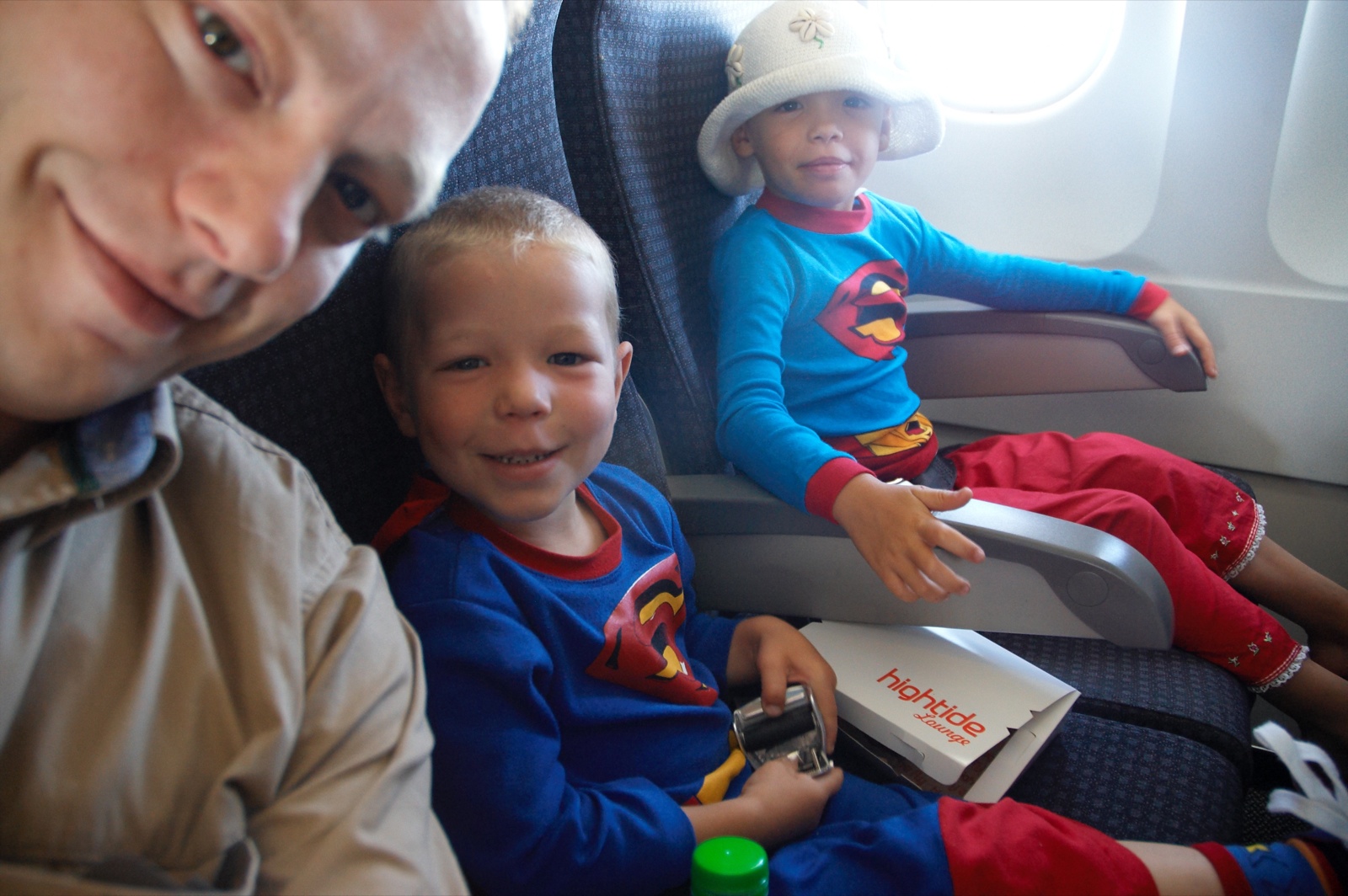Recently I starting working with a 7 year-old boy who had trouble with his R sound, a very common situation in my practice. After the initial intake session the boy’s mother asked me about any strategies or suggestions for explaining his challenge to the boy’s younger sister, who was able to perfectly articulate R and all other speech sounds. “How do I talk to her about speech challenges?” I think I gave mom a good idea, in an off-the-cuff way, but it did get me thinking about how parents could be better equipped to explain to their kids about the best way for them to think about a speech challenge in a friend or family member. The name of the game here is empathy and the more we can foster this sense of empathy, no matter the severity of that speech challenge, the easier we can make the process of speech therapy. Therapy doesn’t just occur in the clinician’s office or in the school speech room, it also happens among friends and family members.
8 Great Books that Help Build Character in Kids
Parents' Corner Reading
Build character in kids with these 8 stories
Mind your manners. Say please and thank you. Look someone in the eyes when speaking with them. Share your toys. These are just a few of the mantras that parents everywhere use to encourage caring, empathetic, and moral qualities in their children. Parental reminders and modeling aren’t the only ways to do this – the habit of reading good books in childhood has been shown to help build character in kids.

